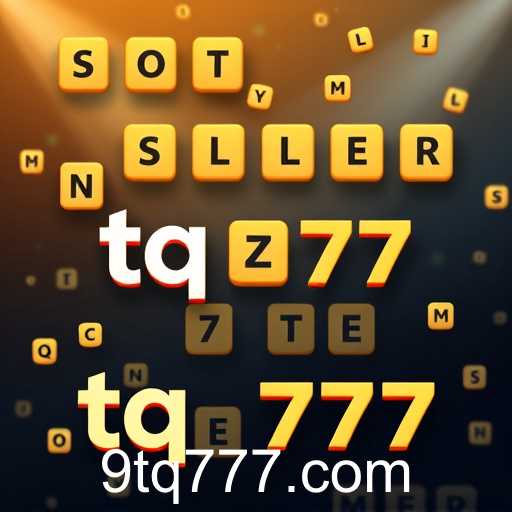Explore how spelling games are revolutionizing learning and making language mastery more fun and engaging for players of all ages.
In an ever-evolving digital landscape, the quest for knowledge doesn't have to be limited to dusty textbooks or traditional classrooms. Spelling games have emerged as a dynamic and interactive way to enhance language proficiency among learners of all ages. Using the keyword 'tq777', a portal of diverse spelling games on popular educational websites unfolds, offering an ingenious combination of play and learning.
Spelling games are more than just a fun pastime. They are educational tools cleverly disguised as entertainment. These games take players on a linguistic journey where every correct spelling paves the way for advanced language skills. Engaging, exciting, and effective, spelling games leverage technology to facilitate learning.
For younger players, the colorful interface and animated characters of these games convert a mundane task into an adventure. Games often feature various levels which correspond to different grades or skills, providing tailored challenges that develop their spelling abilities gradually. As children progress through these levels, they build a strong foundational vocabulary, essential for effective communication and academic success.
Teenagers and adults also find benefits in spelling games, especially those preparing for standardized tests or seeking to strengthen their ESL skills. Games designed for older audiences often incorporate complex words and use advanced technology like AI to assess and adapt to a player's proficiency. This personalized approach ensures that players are continually challenged and engaged, preventing the learning process from becoming stagnant or boring.
Beyond individual learning, spelling games foster a sense of community as many platforms incorporate leaderboards and multiplayer options. This social aspect encourages friendly competition, motivating players to improve their skills while connecting with peers who have similar learning objectives.
Interestingly, these games also support cognitive development. They boost memory, enhance concentration, and improve problem-solving skills by requiring players to recall and apply knowledge quickly. Such mental exercise is invaluable for learners of all ages and can contribute positively to overall brain health.
However, the impact of spelling games extends beyond educational benefits. For instance, they promote linguistic diversity and cultural appreciation by introducing learners to words from different languages and dialects. This broadened perspective is increasingly important in our globalized world, where cross-cultural communication is a valuable skill.
In conclusion, spelling games represent a revolutionary shift in how we approach education. By integrating game-based learning into traditional educational practices, we can make language acquisition more accessible, enjoyable, and effective. So dive into the intriguing verbiverse of 'tq777' and let the world of spelling games guide you to new linguistic heights.




